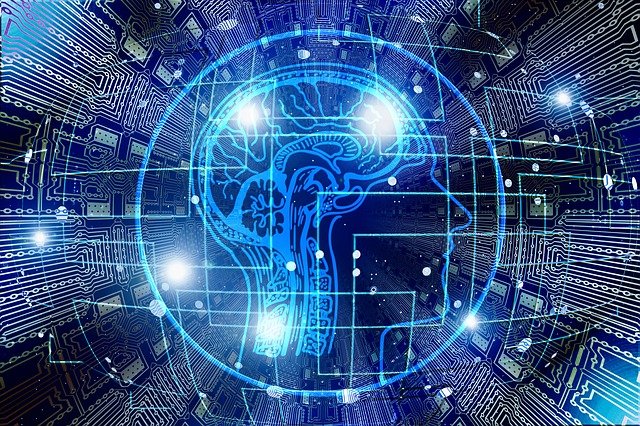October 17, 2023
Artificial intelligence (AI) is transforming the field of astronomy, making data analysis more efficient, improving data processing, and aiding in various aspects of space exploration. As a science, astronomy has a long history of analyzing vast amounts of data, making accidental discoveries, and establishing a strong connection between theory and observation. AI plays a crucial role in streamlining and accelerating several processes within this field.
One significant application of AI in astronomy is data processing. Raw astronomical images obtained from telescopes are often filled with errors, contaminants, artifacts, and noise. Cleaning and processing these images for scientific research is a complex and time-consuming task, typically performed manually or with some level of automation. However, more astronomers are now turning to AI to process this data efficiently. For example, AI can be used to remove optical interference caused by Earth’s atmosphere from ground-based telescope images. This leads to clearer and more accurate astronomical observations.
Moreover, AI can assist in the classification of celestial objects. Astronomers sometimes feed images of galaxies into a neural network algorithm, training it to classify the galaxies according to specific criteria. The existing classification schemes often come from manual assignments, either by researchers or citizen science projects. Once the neural network is trained, it can be applied to real data, automatically classifying galaxies. This automated process is significantly faster and less prone to errors compared to manual classification.
Additionally, AI has the potential to help researchers make groundbreaking discoveries in astronomy. It can be employed to identify signatures of life on Mars, solve mysteries like the incredibly hot solar corona, and estimate the ages of stars. AI is also proving valuable in the field of cosmology, helping cosmologists understand the fundamental nature of the universe.
Two of the most significant cosmic mysteries are the identities of dark matter and dark energy, which make up over 95% of the universe’s energy contents. To measure these substances’ properties, cosmologists are using AI to analyze complex computer simulations. These simulations allow them to vary the properties of dark matter and dark energy and observe their impacts on the cosmos. Neural networks then learn from these simulations and help unravel the myriad effects of these enigmatic substances.
As the capabilities of modern astronomical observatories expand, they produce vast amounts of data. For example, the Vera C. Rubin Observatory under construction in Chile is expected to generate over 60 petabytes of raw data in the form of high-resolution sky images. Processing such extensive datasets is beyond the capacity of human researchers and graduate students. Only computers, with AI assistance, can manage this immense volume of information.
AI also plays a crucial role in the search for the unexpected. Just as astronomer William Herschel discovered the planet Uranus by accident during a night sky survey, AI can identify unexpected celestial objects by recognizing deviations from established patterns. In fact, astronomers have already used AI to detect a potentially hazardous asteroid by developing a specific algorithm for the Vera C. Rubin Observatory.
In conclusion, AI is revolutionizing the field of astronomy. It streamlines data processing, improves data quality, and assists in research, helping astronomers explore the universe more effectively. Whether it’s cleaning raw images, classifying celestial objects, or solving cosmic mysteries, AI’s impact on astronomy is profound and holds great promise for future discoveries.
Source: SPACE.com
Legal Notice: The information in this article is intended for information purposes only. It is not intended for professional information purposes specific to a person or an institution. Every institution has different requirements because of its own circumstances even though they bear a resemblance to each other. Consequently, it is your interest to consult on an expert before taking a decision based on information stated in this article and putting into practice. Neither Karen Audit nor related person or institutions are not responsible for any damages or losses that might occur in consequence of the use of the information in this article by private or formal, real or legal person and institutions.






